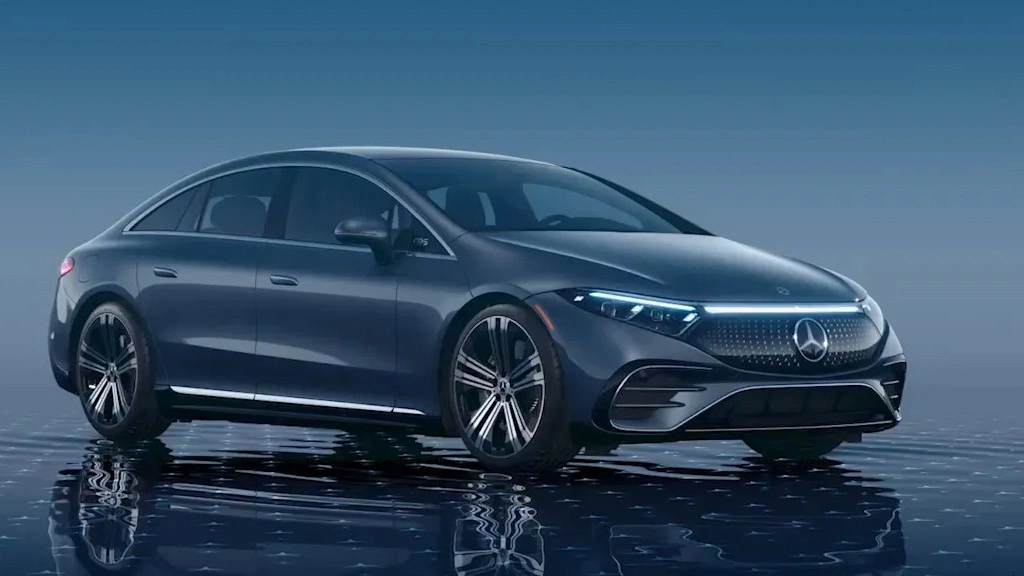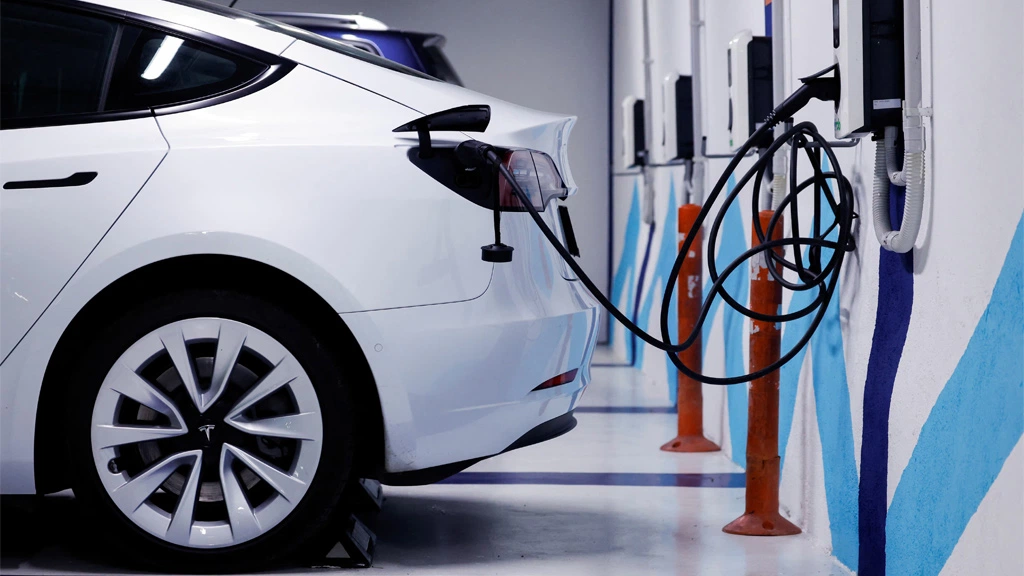With the growing emphasis on environmentally friendly transportation worldwide, the electric vehicle (EV) market is flourishing. Numerous well-known brands attract consumers with advanced technology and luxurious features. Choosing the right electric vehicle involves a comprehensive consideration of factors such as brand and quality, vehicle performance, battery range, charging speed, energy efficiency, price, and maintenance costs. The following is a detailed analysis of these factors to help you make an informed choice among various models.
Brand and Quality
When selecting an electric vehicle, the brand’s reputation and recognition are crucial considerations. The brand’s history, customer reviews, and market share can reflect its quality and reliability. Established brands like Tesla, BMW, and Toyota have accumulated extensive experience in the EV sector, typically offering better product quality and after-sales service. However, it is also essential to pay attention to some newer brands that may attract consumers with innovation and cost-effectiveness.
As a leading brand in the electric vehicle field, Tesla is known for its high performance, advanced autonomous driving technology, and excellent battery management systems. Its vehicle quality undergoes rigorous testing, ensuring high reliability. BMW’s electric vehicles inherit the brand’s luxurious quality and exquisite craftsmanship while excelling in battery technology and intelligent driving assistance systems. Audi’s e-tron series electric vehicles reach high-end levels in design, performance, and technological configuration, with mature battery technology. Porsche’s electric vehicles, such as the Taycan, not only offer exceptional performance but also excel in luxury and driving experience.

Vehicle Performance
Vehicle performance includes acceleration capability, handling, and driving experience. Electric vehicles typically have the advantage of rapid acceleration due to their electric motor characteristics. When choosing, you can look at data from official or third-party tests, such as 0-100 km/h acceleration times, top speeds, and handling stability. Additionally, test-driving different models is a good option to personally experience the vehicle’s dynamic performance.
High-performance electric vehicles usually have stronger power output and better handling performance. Tesla’s high-performance models, like the Model S Plaid, have impressive acceleration and outstanding handling. The Porsche Taycan, as a high-performance electric vehicle, excels in acceleration and handling, making it suitable for users who seek driving pleasure. BMW’s electric vehicles, such as the i4 or ix, inherit the brand’s sporty genes while also performing well in comfort and intelligent technology.
The battery range is a significant factor affecting the practicality of electric vehicles. There is considerable variation in range among different models, so it is essential to consider your daily driving needs when purchasing. Generally, long-range electric vehicles are suitable for long-distance travel, while urban commuting has relatively lower range requirements. It is important to note that the range may vary under different driving conditions, so understanding the range performance in actual usage scenarios is crucial.
Currently, many electric vehicles offer high ranges. Some Tesla models, such as the Model S, can achieve ranges exceeding 600 kilometers, meeting long-distance driving needs. The Audi e-tron GT has a range of up to 488 kilometers, suitable for daily commuting and short trips.
The energy efficiency of electric vehicles can be assessed by their power consumption per kilometer. Efficient energy utilization can reduce charging frequency and costs, making electric vehicles with high energy efficiency more advantageous in terms of operating costs. Tesla’s battery management and energy recovery systems are industry leaders, effectively improving energy utilization efficiency. BMW’s electric vehicles focus on aerodynamics and lightweight design, enhancing energy efficiency.

Maintenance Costs
Although the maintenance costs of electric vehicles are generally lower than those of traditional fuel vehicles, it is still essential to consider the associated repair and maintenance expenses. The power systems of electric vehicles are simpler, but battery replacement, software upgrades, and charging equipment maintenance may incur additional costs.
For instance, the Audi e-tron has a higher vehicle price, but the after-sales service and quality assurance provided by the brand can lower long-term maintenance costs. The Porsche Taycan has both high purchase and maintenance costs, but it is suitable for users who pursue luxury and high performance.
Conclusion
When choosing a electric vehicle, considering multiple factors will help you make an informed decision. From brand and quality to charging speed, price, and maintenance costs, each aspect can affect the convenience of your daily use and driving experience. It is advisable to carefully compare the pros and cons of different models before purchasing, do thorough research, and select the electric vehicle that best meets your needs.

